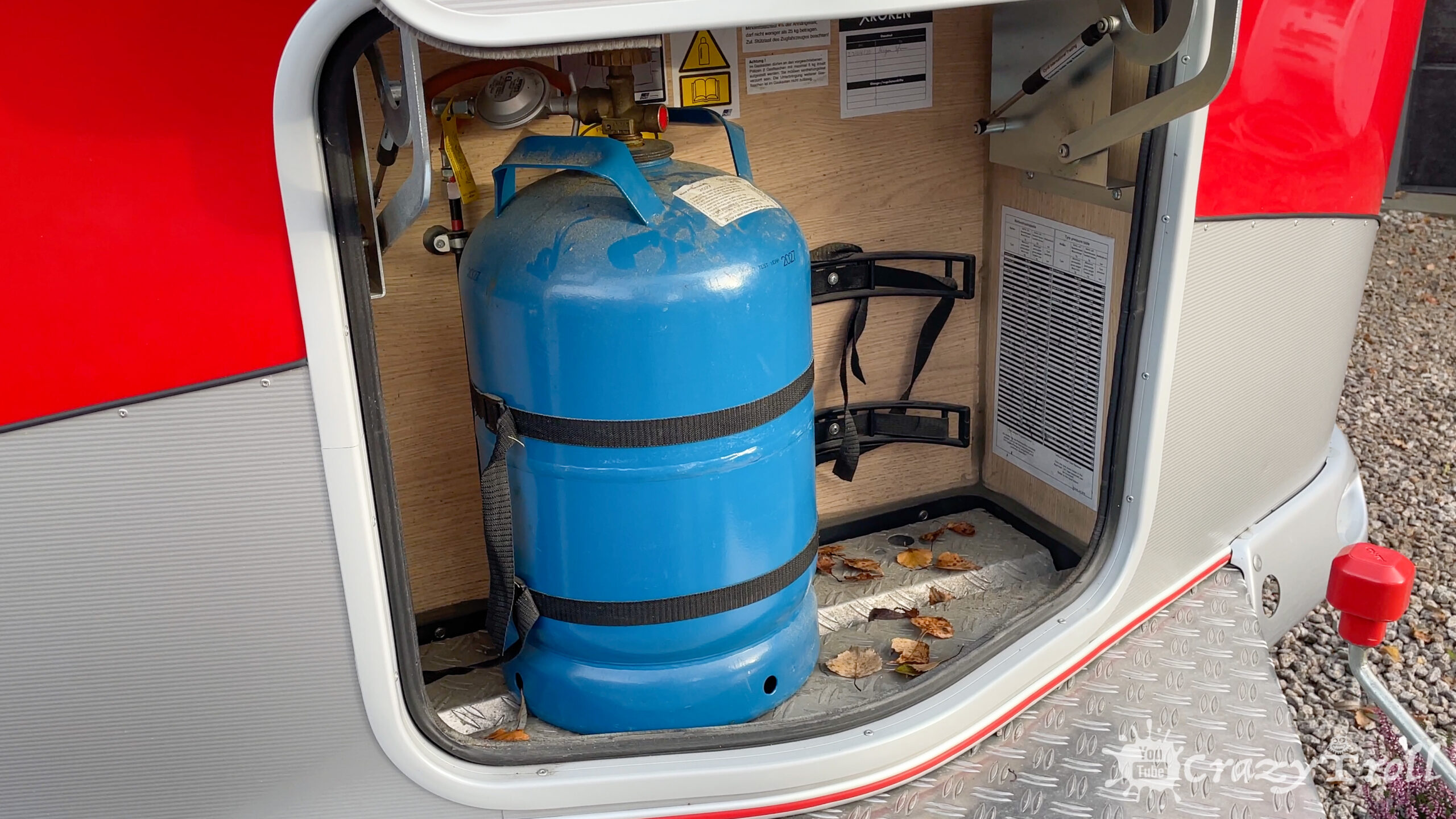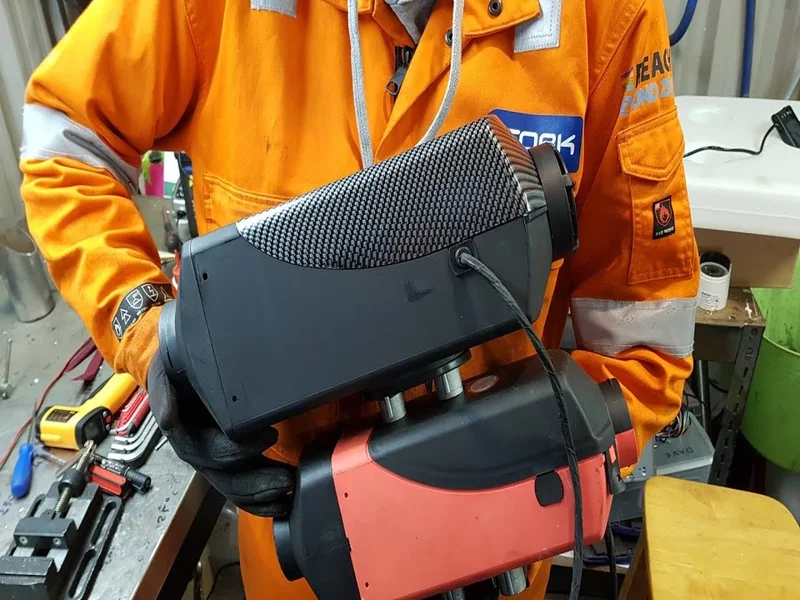The adiabatic flame temperature of propane in the air is around 10ºC hotter than that of butane. However, butane has a higher energy content by volume. In real life, there is unlikely to be any significant difference in heating time or efficiency when using propane or butane to power camping stoves or other cooking appliances.
Whether you’re interested in propane and butane chemistry, LPG-powered cooking devices, or just curious about the physical world, this article can help you learn more. Read on for information on the commonalities and differences of propane and butane that help to answer the question of which one burns hotter.
What are propane and butane?
Propane and butane are stable, colorless, flammable, and non-corrosive gases. They belong to the alkane family of hydrocarbons, a type of chemically formed from hydrogen and carbon atoms arranged in a simple chain or branching tree structure. While gases at standard temperature and pressure, propane and butane are compressible into a transportable liquid for ease of use and storage. They are part of the group of Liquid Petroleum Gases (LPG).
Both propane and butane are primarily obtained as a by-product of natural gas processing with a smaller proportion of these gases coming from petroleum refining. The two have very similar qualities and may be used for similar industrial and household purposes, including heating camping stoves and grills, or fueling vehicles. When burned, propane and butane produce carbon dioxide, water, carbon monoxide and a residue of carbon (soot).
Propane is usually purchased in red containers. Butane is most often sold in blue containers although it may also come in containers of other colors. Remember that when connecting any Liquid Petroleum Gas container to a stove or other device, it’s important to use the correct regulator for each gas.
Propane has a lower density than butane (1.88 g/L compared to 2.5 g/L) and both gases are heavier than air (density 1.2 g/L). This means that if bottled gas escapes it’s likely to collect close to the ground and will be harder to disperse, creating a more serious fire risk than for natural gas.
Odorants (e.g. ethanethiol,) are added to LPG gases as a safety measure, to ensure quick detection of dangerous gas leaks.
What are the differences between propane and butane?
Structure
Propane is a three-carbon alkane with molecular formula C3H8 while Butane’s structure has a four-carbon chain and molecular structure of C4H10.
Boiling point and melting point
Propane has a lower boiling point than butane at -42°C vs -0.4°C. At normal pressure, propane solidifies below its melting point of−187.7 °C, compared to butane’s melting point of −138°C.
Adiabatic flame temperature
A propane flame burns in air at a maximum temperature of 1980ºC (3596ºF), while a butane flame burns at 1970ºC (3,578 °F).
Energy content
Butane has a slightly higher energy content than propane by volume, but propane has a slightly higher energy content by weight! This is due to the liquefied gases having a different value of specific gravity.
Vapor pressure
Butane has a lower vapor pressure than propane, making it generally a better propellant than propane.
Which one burns hotter, propane or butane?
The flame temperature of propane is around 10ºC hotter than that of butane. However, this doesn’t necessarily translate into any advantage in heating things more quickly or efficiently with propane in practice for several reasons:
- The difference in temperature is very small.
- Regardless of flame temperature, butane has a higher energy content by volume than propane.
- In older gas powered systems, different pressure regulators are supplied for use on cylinders of different gas. With regulators of 28 mbar capacity for propane and 37 mbar for butane, there will be little or no practical difference in performance . ensure that the same level of energy is supplied to any cooking or heating device.
In modern systems with a single capacity of regulator of 30 mbar for both gases, butane may provide very slightly quicker heating for appliances like kettles but the difference is so small that there are likely to be other more important reasons for choosing butane or propane.
When should I use propane and when should I use butane?
It makes more sense to use propane when the temperature is below zero degrees celsius. Propane’s boiling point is much lower than that of butane and it will continue to vaporize from a liquid to gas even in extremely cold weather. This means that it can be stored and used in lower temperatures. Butane becomes useless at lower temperatures, more detailed in our article what happens when butane gets cold.
If you’re buying LPG gases in bulk and temperature is not a major issue, it could make sense to opt for butane which is cheaper than propane. Butane is also a better option for propellant use (e.g. in aerosols such as deodorant and hairspray) as its vapor pressure is a quarter of the level of propane’s pressure. Butane can also be used as a refrigerant.
A final word…
We hope you’ve found this article informative and that it has answered some of your questions about whether propane or butane burn hotter.







